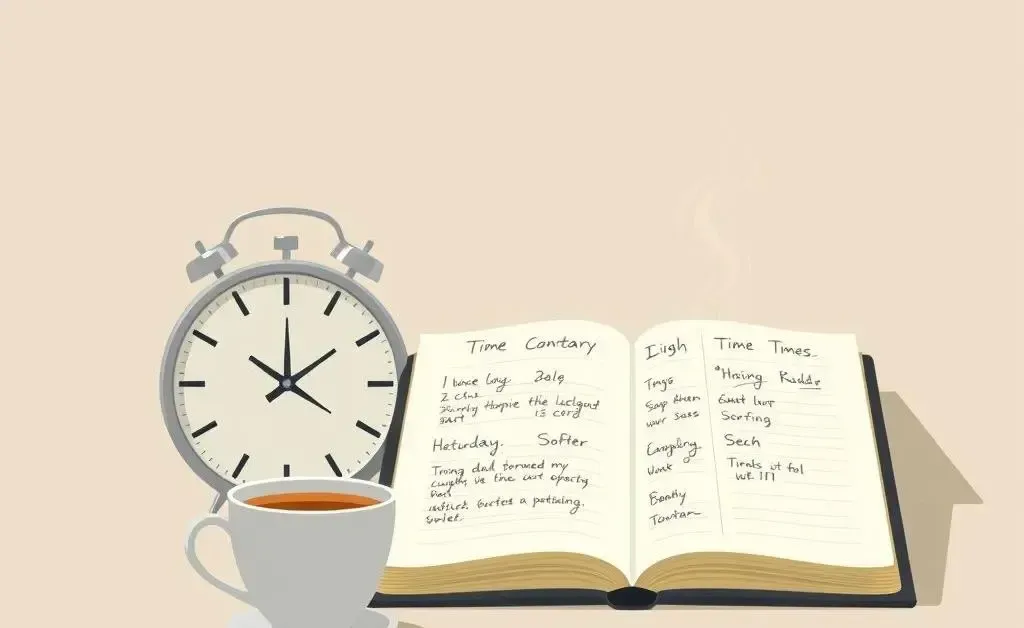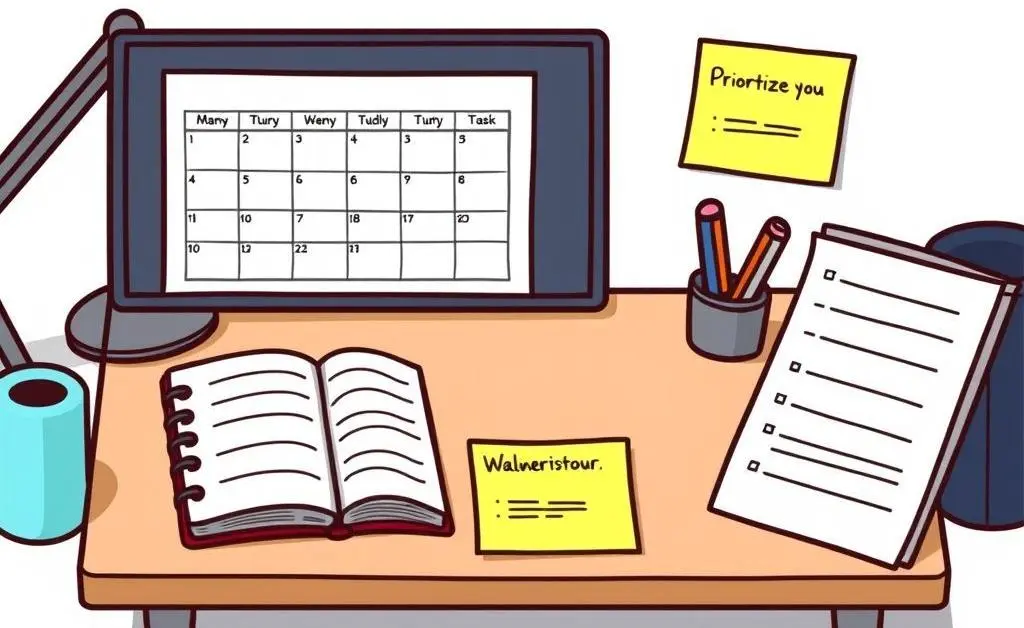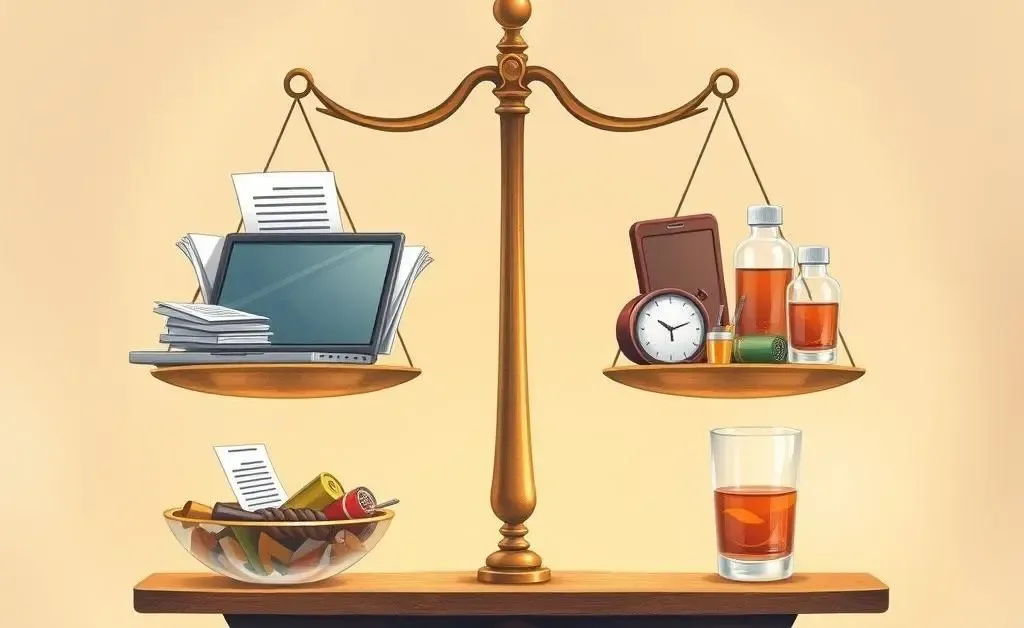Mastering the Art of Time Management: Simple Strategies for a Balanced Life
Discover practical tips to enhance your time management skills and achieve a balanced, fulfilling life.

Hey there! If you're anything like me, you're constantly juggling work, family, hobbies, and social commitments. Have you ever felt like you need just a few more hours in the day? You're not alone. Time management is an essential skill that can profoundly impact your daily life, productivity, and overall happiness.
Why Is Time Management Important?
The ability to manage your time efficiently isn't just about checking off tasks on a to-do list. It's about finding a balance that allows you to enjoy life while meeting your responsibilities.
- Stress Reduction: Knowing what needs to be done and when can significantly reduce stress.
- Increased Productivity: Organizing tasks can help you complete more in less time.
- Better Work-Life Balance: You get to spend quality time on both personal and professional pursuits.
Practical Tips for Effective Time Management
Now, let’s dive into some simple strategies that can make a big difference in how you spend your time each day.
1. Prioritize Tasks
Start each day by identifying your top three priorities. This keeps you focused and prevents getting sidetracked by less important activities. Use a simple planner or a digital app to jot these down.

2. Set Specific Goals
When setting goals, aim for the SMART approach: Specific, Measurable, Achievable, Relevant, Time-bound. This framework turns vague aspirations into clear, actionable plans.
3. Learn to Say No
It’s okay to decline additional responsibilities that don’t align with your current priorities. Saying no respects your time and energy.
4. Embrace Downtime
Don't forget to schedule breaks. These periods of rest are essential for rejuvenation and maintaining focus throughout the day.

Balancing Work and Personal Life
Achieving a harmonious balance between your professional and personal life is often the ultimate goal of mastering time management. Here’s how to approach it:
- Boundary Setting: Establish clear boundaries between work and home. This might mean turning off email notifications after a certain time.
- Quality Time: When you’re with family or friends, make it quality time — free from distractions.

Final Thoughts
The journey to effective time management is personal and ongoing. The key is to continually refine your approach until it suits your lifestyle. What strategies do you use to manage your time? I'd love to hear about them!




